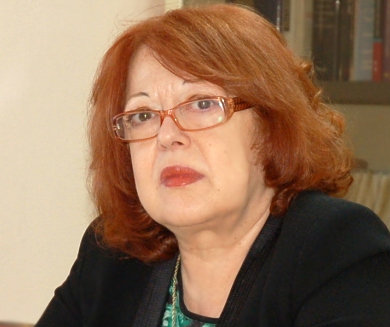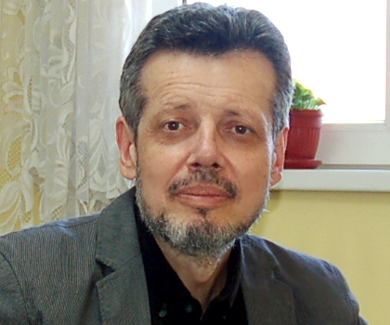Over the past week experts of the Alexandrovska Hospital and the Sv. Nikola Child Psychiatry Clinic voiced to the public results of the Development of Effective Programs for Early Diagnostics of Autism in Bulgaria Via the Implementation of International Standard Tools project. Nearly 300 children in Bulgaria receive that diagnosis each year. The recognition of the condition at an early stage and appointing the right treatment is the main goal of the healthcare ministry in that sphere. The project was implemented in two stages, where experts from Sweden had to get Bulgarian psychologists, pediatricians and psychiatrists acquainted with two tools, guaranteeing very precise diagnostics of autism. Prof. Nadya Polnareva, head of the expert team gives us more details on the problems and difficulties faced during the screening of the little patients and also on the projects’ benefits for the latter:
 “Efforts should be put into making the screening a standard procedure. Work has been done in this relation, as many psychological tools have been translated, even within the frameworks of this project. Parents should pay more and more attention to the early development of the kids, but that should also be a priority for the Family Doctors. They have to be equipped with tools which guarantee precise results, since a heavy diagnosis of that kind means enormous stress to the parents. Experience has brought us to the conclusion that family doctors should support the young parents. We are impressed by the fact that teachers at kindergartens are very well prepared and are now a key factor in making the parents look for early health assistance.”
“Efforts should be put into making the screening a standard procedure. Work has been done in this relation, as many psychological tools have been translated, even within the frameworks of this project. Parents should pay more and more attention to the early development of the kids, but that should also be a priority for the Family Doctors. They have to be equipped with tools which guarantee precise results, since a heavy diagnosis of that kind means enormous stress to the parents. Experience has brought us to the conclusion that family doctors should support the young parents. We are impressed by the fact that teachers at kindergartens are very well prepared and are now a key factor in making the parents look for early health assistance.”
 The entire diagnostic process for kids with autism is free for their parents, but can be only done within the system of a certain hospital.Associate Prof. Dimitar Terziev, head of a daytime department with the Child Psychiatry Clinic explains more about the treatment and the share, covered by the health fund:
The entire diagnostic process for kids with autism is free for their parents, but can be only done within the system of a certain hospital.Associate Prof. Dimitar Terziev, head of a daytime department with the Child Psychiatry Clinic explains more about the treatment and the share, covered by the health fund:
“The parents should provide regular visits of the children during daytime hospitalization. The tests are psychological and psychiatric ones, including lots of monitoring. The funding is covered by the Healthcare Ministry, which pays the hospital for a patient on a clinic path. This daytime hospital assistance is the only one that the parents don’t pay for. Of course, anything additional like additional therapy is paid for.”
English version: Zhivko Stanchev
Over 80% of Bulgarians are expected to start using artificial intelligence in the next three years , across all age groups. Today, it is almost impossible to find a Bulgarian student who does not turn to ChatGPT when preparing homework. This..
Serbians around the world mark one year after Novi Sad tragedy On November 1, Serbians abroad will join the call of students in Serbia to mark the anniversary of the collapse of the canopy of the Novi Sad railway..
"We cannot escape from modern technologies, but we must think about how we can use artificial intelligence to improve the quality of education without losing human contact," said Mimi Nicheva, head of the Bulgarian Sunday School "Sts...
The diplomas from the 11th master class in radio journalism of the Bulgarian National Radio – BNR Academy were awarded at a solemn ceremony on November..
The first museum of investment gold is welcoming visitors in Plovdiv who want to learn more about the history of money and its connection to gold – from..
On 16 November, we celebrate Caritas Day, when we honour the Catholic Church’s charity organisation that brings hope to those in need through care and..

+359 2 9336 661
